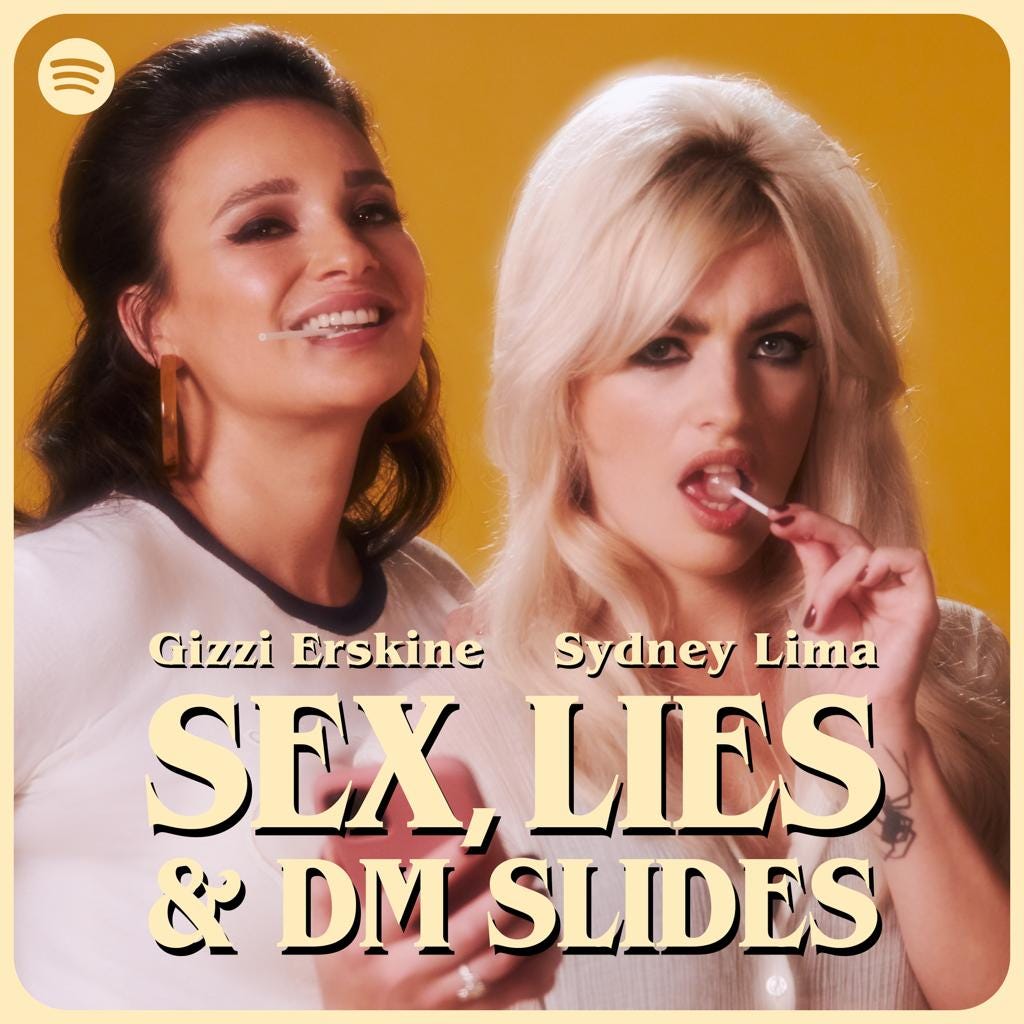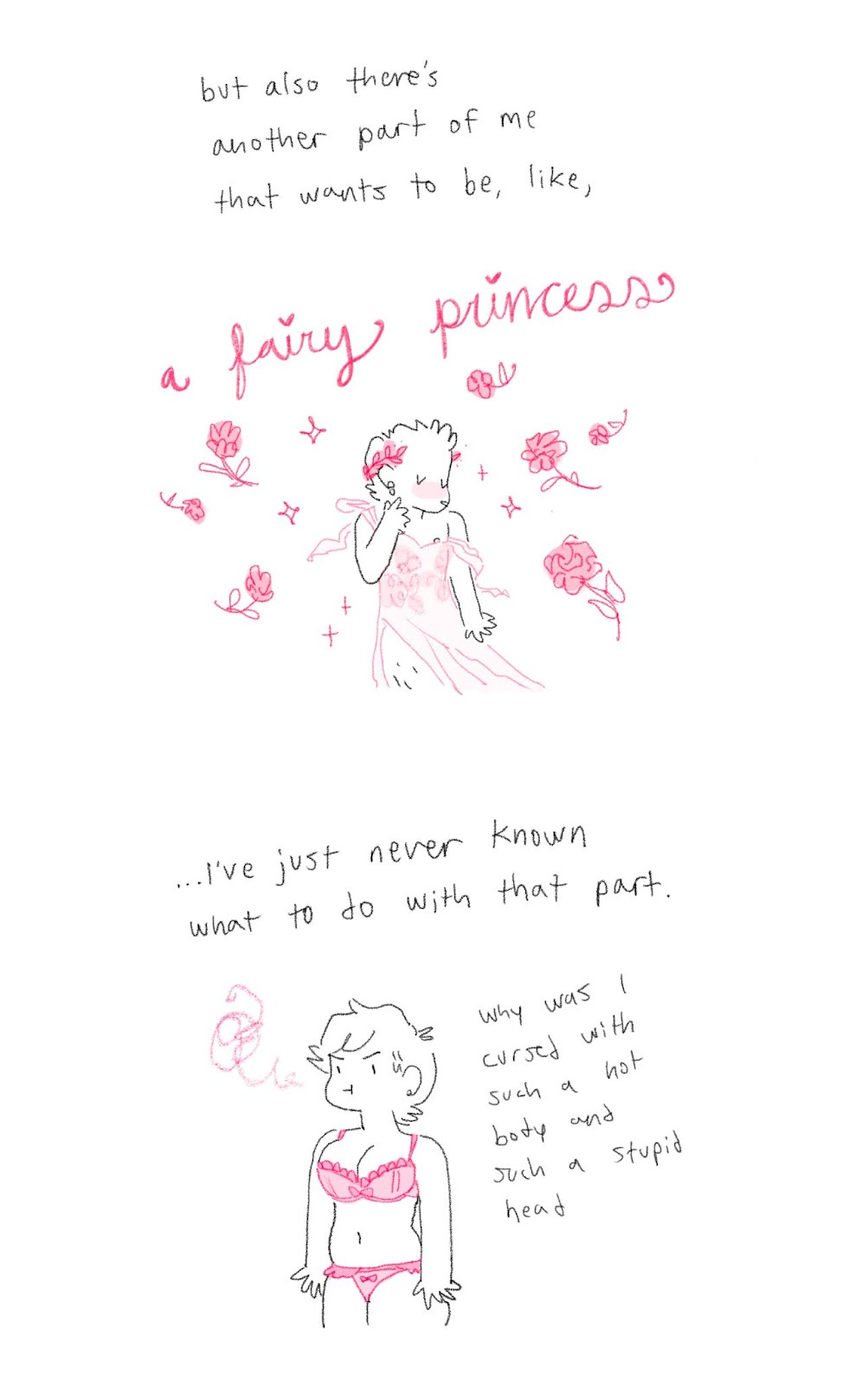Hello and welcome! You’ve hit the hub of Substack Reads: your weekly digest of storytelling—some entertaining and some deep-thinking, along with a healthy dose of fun—all from the best writers on Substack.
This week we are full of scandal and intrigue, starting with a story of lies and cheating—just the filmic quality that writer Andy Lewis is looking for. Enjoy!
FILM
The chess prodigy who cheated his way to the top
Andy Lewis hunts for overlooked treasures that could be optioned for film. In this week’s issue, he finds a story so good it’s practically gasping for celluloid
Even without the wildest accusation—that teen phenom Hans Niemann used vibrating anal beads to secretly get sent moves from an accomplice—this is a riveting story about how 19-year-old Niemann likely cheated to become the fastest-rising player in the history of modern chess. Niemann has confessed to cheating on virtual games by consulting a chess computer for the best moves and was suspended by Chess.com for that, but the most recent allegations gained attention when reigning world champion Magnus Carlsen withdrew from an early September tournament in St. Louis after losing to the young player. He didn’t outright accuse Niemann then, or even a few weeks later when they met for an online rematch and Carlsen resigned after one move, but both actions were interpreted by chess fans as protests to Niemann’s behavior.
Now comes this Chess.com report that says Niemann was cheating in online games as far back as when he was 12—including some matches with prize money at stake—and that his meteoric rise was statistically improbable. Plus, Niemann’s behavior—he didn’t look like he was trying hard when playing Carlsen—and his description of his strategy to the press after the match seemed off. The world of high-stakes chess is fascinating; it’s loaded with tension and drama, and full of great oddball characters that would make this story ripe for a doc, but also a drama centered on the rivalry between the two players. Online chess boomed during the pandemic, and The Queen’s Gambit demonstrated that the sport was a great theatrical setting, even for people who don’t play.
TECHNOLOGY
Two events that marked the start of the 21st century
In his research into attention metrics, Matt Locke considers two events that altered our culture and politics in ways he believes will take at least another quarter-century to resolve
—Matt Locke in How To Measure Ghosts

“Every once in a while, a revolutionary product comes that changes everything.”
There had been months of feverish speculation that Apple was about to launch a new phone, and Jobs’s presentation was a masterpiece of storytelling. But Jobs wanted to tease the audience first. He announced Apple was launching three new products—a widescreen iPod with touch controls, a revolutionary mobile phone, and a breakthrough internet communicator. Then he kept repeating these three products in a kind of mantra, as their logos spun on the screen behind him—“an iPod, a phone, and an internet communicator”—and the crowd started laughing, anticipating the punchline.
“An iPod, a phone… Are you getting it? These are not three separate devices. This is one device. And we are calling it iPhone.”
It’s interesting, looking back at this keynote 15 years later, to see the audience’s reaction to the ‘three new products’ as Jobs announces them. The widescreen iPod gets applause and cheers, but the ‘revolutionary mobile phone’ really turns the audience wild—shouts of ‘yeah!’ ring out, and the faces of the attendees look almost in awe. The third product gets a more muted reaction, and Jobs seems to fluff his lines—he says ‘a breakthrough Internet communications device’, but the slide on the screen says ‘Breakthrough Internet communicator’. The audience reaction, particularly after the fervent response to the long-awaited announcement of an Apple phone, is muted.
MEDIA
Sex, lies, and intellectual property
Podcaster Gizzi Erskine didn’t expect this to be her first post on Substack. But when she woke up to find she’d been replaced by a younger host, she knew she needed to write about it
—Gizzi Erskine in her newsletter
I wanted to join Substack full of life and enthusiasm, but instead I join from a place of bitter despair.
I’ve been writing my introduction essay for a week now and it was warm and full of hope, but I started writing this piece staring into space, at my kitchen counter, in the wake of finding out on Thursday last week that Spotify has replaced mine and my great friend and co-pilot Sydney Lima’s hugely successful podcast—Sex Lies and DM Slides—with the exact same podcast and name. Just with two other presenters. That podcast was the brainchild of Sydney, documentary-maker Heydon Prowse, and myself, created—ironically enough—exactly where I am now sitting. The need to write this is impulsive and passionate, so here I am.
HOLIDAYS
How to torch your pumpkin
With Halloween in sight, New York Times best-selling authors Michelle Davis and Matt Holloway give a NSFW step-by-step on pumpkin pyrotechnics
—Bad Manners in The Broiler Room
Every October we share our favorite way to celebrate Halloween, by carving a pumpkin and absolutely torching the fuck out of it.
Rad, right? It’s a fun party trick and the neighborhood kids always love it. This is a tradition Matt and his friends did growing up in Texas. One night in October, everybody would carve their pumpkins and the parents would put the pumpkins on the street to torch them safely out in the open. The whole block smelled like pumpkin pie and kerosene. Well, mostly kerosene. Then we’d all go inside to catch Garfield’s Halloween special. Simpler times.
FOOD
Seven soup recipes for fall
Whether it’s canned tomato soup or homemade wonton soup, soup has played a big role in cookbook author and recipe developer Caroline Chambers’s postpartum journey. Here, she shares her go-to recipes for colder months
—Caroline Chambers in What To Cook When You Don’t Feel Like Cooking
Lots and lots of soup. Two gigantic, bubbling pots of soup. Enough to fill the freezer and the fridge! Enough to already be sick of it!
If you like freezing food (who doesn’t?!), freeze a few portions using these amazing souper cube things. Y’all have been recommending them to me for years and I finally got them. They’re fantastic.
Freeze the soup into blocks, then transfer the soup cubes to a gallon ziplock. When you’re ready to reheat, just throw them in a pot with a splash of water, cover, and warm over medium heat until thawed.
ART
What we learn from Frida Kahlo’s diary
In her Substack, Jillian Hess uncovers the note-taking lives of artists and historical figures. This week, she discovers a canvas for art and healing in the notebooks Frida Kahlo kept in her final years
—Jillian Hess in Noted
I must have been six years old when I had the intense experience of an imaginary friendship with a little girl…roughly my own age. On the window of my old room, facing Allende Street, I used to breathe on one of the top panes. And with my finger I would draw a “door”…. Through that “door” I would come out, in my imagination, and hurriedly, with immense happiness, I would cross all the field I could see until I reached a dairy store called PINZÓN….Through the “O” in PINZÓN I entered and descended impetuously to the entrails of the earth, where “my imaginary friend” always waited for me… (plates 82-83)
I love this imagery of Frida going through the “o” in the dairy store sign to meet her imaginary friend.
Perhaps the most surrealist aspect of Frida’s diary is her automatic poetry—a practice of writing whatever words come to mind as a way of accessing one’s unconscious. On the following page, she lists words that begin with the letter “a.”
adalgisa [female chieftain] — augurio [augury] — aliento [breath]
aroma — amor [love] — antena — ave [bird]
abismo [abyss] — altura [height] — amiga [friend] — azul [blue]
LISTEN
On sitting through the discomfort of change
MIXED FEELINGS author Naomi Shimada writes and reads from the heart about a new phase in her life with a new tenderness
—Naomi Shimada in tender contributions
Back in July, I wrote on here about leaving London, the place that has been my home and my deepest anchor for the last 16 years of my life, to take a big leap of faith to move to Milan to give it a real go with someone I’ve been in a long-distance relationship with. I mainly came here to see if we could really make it work, but there was a small part of me that also wanted to test myself. I wanted to see how I could create another life, somewhere new and out of my comfort zone. If we are so often heavily shaped by the places we live in and the people with whom we spend our time, I wanted to know how this experience would change me. Who could I be here? What could I learn here? Now that I have an opportunity to reinvent myself, what do I want that to look like and what do I want to leave behind? I stated unequivocally that I wanted to challenge myself, but now I am here, feeling what it actually means to do so.
Over the last few months, I’ve been experiencing a daily kind of anxiety that’s been dancing on the edge of depression. I’ve let all my deepest fears creep in, and they’ve been trying to control my reality as much as possible. The negative thoughts and fears start as soon as I wake up. They are with me in the shower, they are in bed with us and eat with us at the table. They scream “Why did you leave your life, your friends, your beautiful home—are you insane?” I’ve been having panic attacks, and my stomach has been in knots with bloating so severe that for the last few weeks I have looked deeply pregnant when I am not. I spent more days than I care to count this summer in a worried haze unable to see the beauty and love all around me, the discomfort of big change gnawing away at my very being.
LAW
The maddening case of Charlie Vaughn’s innocence
In a new Substack dedicated to investigations into the criminal justice system, journalist and author Radley Balko unearths the case of Charlie Vaughn: a prisoner of 30 years because the system, says Balko, doesn’t care if he’s actually guilty
—Radley Balko in his newsletter
“I have a three-dimensional chess set in my office,” says Richard Bourke, who runs a nonprofit law firm in New Orleans that provides death penalty defense. “It reminds me to always be thinking about AEDPA [the Antiterrorism and Effective Death Penalty Act of 1996]. We represent clients at all three stages of a conviction—trial, direct appeal, and post-conviction. If you make a mistake at any step in the process, it can crush your client’s chances in a subsequent stage.”
Many defense attorneys concede that there are only a handful of lawyers in the country who truly understand AEDPA and its attendant case law. But it affects millions of people—essentially everyone convicted of a major crime in a state court.
That a law affecting so many is understood by so few isn’t an accident. When it was passed, AEDPA’s proponents made no secret of their intent. They claimed prisoners and unscrupulous defense attorneys were flooding the federal courts with frivolous appeals. They wanted to dam the system, slowing federal review of cases like Vaughn’s to a trickle.
CARTOON
The toxic reminder of Victoria’s Secret
—ND Stevenson in I’m Fine I’m Fine Just Understand
Recently launched on Substack
Uni Watch by Paul Lukas: Paul revels in the “excruciating” details of sports uniforms. Subscribe for athletics aesthetics geekery including jersey unveilings, team rebrandings, sleeve patches, sock stripes, uni numbers, team logos, team colors, and on.
The Deligram by Anna Polonsky and Teddy Wolff: “An imaginary storefront” spotlighting some of New York’s lesser-known food makers.
Songs in Four Dimensions with Shara Nova: My Brightest Diamond’s Shara Nova invites you to her meditations on the creative process.
Tulsi Gabbard: Former congresswoman and 2020 presidential candidate Tulsi Gabbard is hard to label. Her new Substack promises a mix of her interests and views, opening with a post on why she’s leaving the Democratic Party.
Substack Reads is a weekly roundup of writing, ideas, art, and audio from the world of Substack. Posts are recommended by staff and readers, and curated and edited from Substack’s U.K. outpost by Hannah Ray.
Got a Substack post to recommend? Tell us about it in the comments.





















What an honor to be featured among so many fantastic writers! My inbox keeps growing with brilliant writing, and I love it!
So wonderful to see Jillian Hess featured!